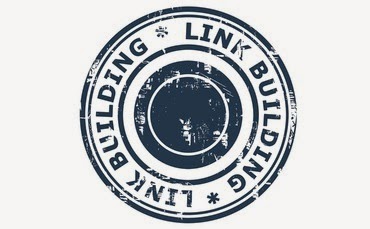Editorial websites seldom cite or link to articles from competitors
in the same industry, but foreign competitors don’t seem to have that
problem. Some smart travel, tech, and fashion sites have already
discovered that their foreign peers love to reuse their content,
especially when they make it easy by translating their articles for
those sites. Are you already sharing your content with the world?
Being perceived as a competitor and having a lot of overlap in each other’s services is bad for link-building. It is much easier to get someone’s links when you look innocent and non-threatening. A small foreign blog or big foreign authority doesn’t target the same audience and business model, so they fit that profile. But why would any site link to something that their readers probably don’t even understand?
To use this to your advantage, you can do the following: Summarize your German article about cell phone usage in Germany into an English article. Include the URL of your own German article as the original "source." By publishing this article, sites can make their visitors think they roam the entire Internet to provide them with the best information.
Because editors may be lazy, you need to rewrite your article each time it is published. To my personal surprise, more than 60 percent of the sites we contacted were interested and we had to write a lot of versions of our first article. We could easily reuse the same contacts for many articles and after expanding to other languages, this became the main link-building strategy for a German cell phone site. Apparently, any phone topic could be used for link-building, just by adding some German trend information. Where the German public (normal readers) didn’t seem that interested in those trends, foreign partners gladly cited our articles.
Read more Click here / www.advante360.com
Competitors Are the Most Relevant Sites
The best link partners are relevant to a broad scope of keywords that you want to rank for. In many cases your direct competitors rank for those keywords, but they will seldom link to you. Even when you have a great industry scoop, they will try to find another (less conflicting) source to cite.Being perceived as a competitor and having a lot of overlap in each other’s services is bad for link-building. It is much easier to get someone’s links when you look innocent and non-threatening. A small foreign blog or big foreign authority doesn’t target the same audience and business model, so they fit that profile. But why would any site link to something that their readers probably don’t even understand?
Example From a Tech Site
News sites about smartphones need daily updates to captivate their audience. This is very labor-intensive and during some periods there is very little to report on. Updates from other countries are a welcome addition, especially when they come free.To use this to your advantage, you can do the following: Summarize your German article about cell phone usage in Germany into an English article. Include the URL of your own German article as the original "source." By publishing this article, sites can make their visitors think they roam the entire Internet to provide them with the best information.
Because editors may be lazy, you need to rewrite your article each time it is published. To my personal surprise, more than 60 percent of the sites we contacted were interested and we had to write a lot of versions of our first article. We could easily reuse the same contacts for many articles and after expanding to other languages, this became the main link-building strategy for a German cell phone site. Apparently, any phone topic could be used for link-building, just by adding some German trend information. Where the German public (normal readers) didn’t seem that interested in those trends, foreign partners gladly cited our articles.
Read more Click here / www.advante360.com

No comments:
Post a Comment